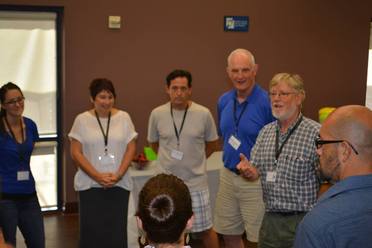 Leading an icebreaker. Photo by T.Bedley
Leading an icebreaker. Photo by T.Bedley There were some excellent workshops today and as usual Tim Bedley was the headliner. Tim had two sessions. One was titled EdTech Tips and another titled Critical Thinking Activities. They both were standing room only. Another workshop was presented by Sandy Sanford titled Smarter Balanced - A Practical Approach. We got to know Sandy a bit and he has a fascinating background. He is currently helping schools in data management as it relates to summative assessments and teacher practice. Julie Miranda also presented a workshop on Japanese Lesson Study called Writing About Math (WAM.) I didn’t get to see it but it sounded fascinating.
Tonight we had the conference banquet at the beautiful McMahan House, a great on campus conference facility. After a fine dinner we had some great entertainment. (Well that might be a little exaggeration. We had entertainment and some of it was quite good.) Anyone who has attended the ILCE Constructivist Conference knows that the entertainment at the banquet is fine home spun local talent that ranges from hokey to incredibly professional. Dionna Fitch and Jeff Morabito played the western version of Carol Amberg and Frank Pickus. The highlight was the quiz game (a mix of Jeopardy, Family Feud, and others) which brought out the best (or maybe worst) in all of us. It wouldn’t be fair not to mention that our table won!
Tomorrow we wrap our work, do a session of critical friends, and share our efforts with each other. Stay tuned for a final wrap up.
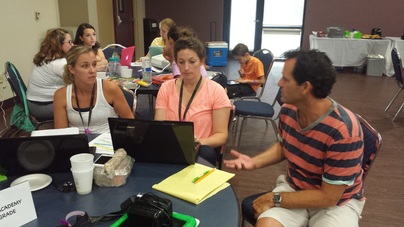
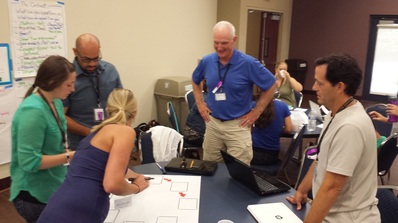
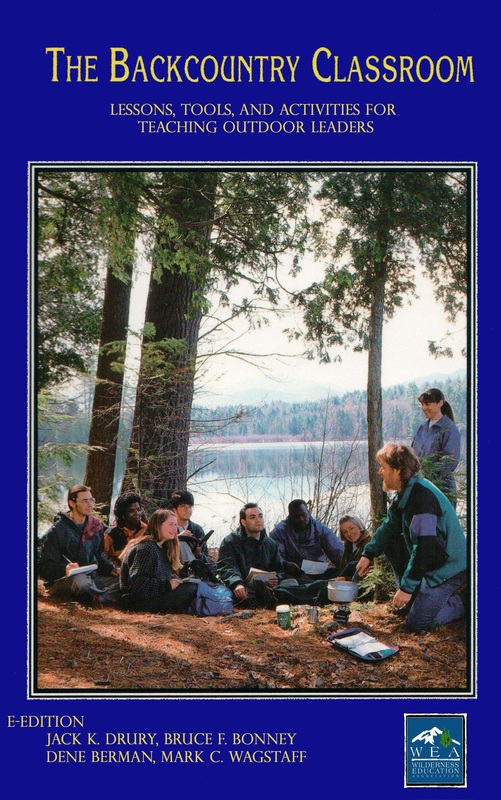
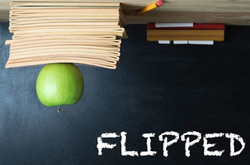
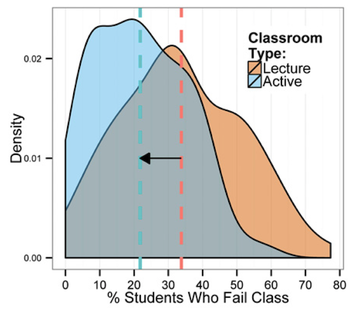
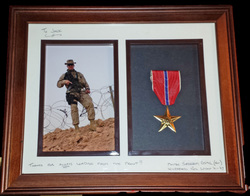
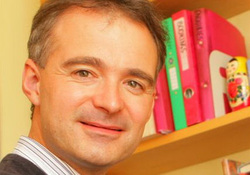

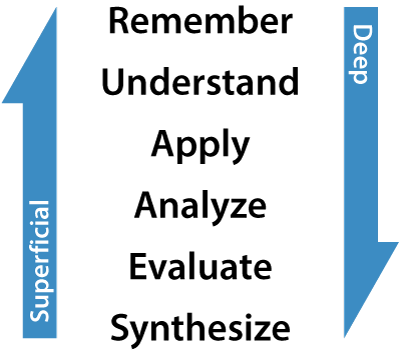

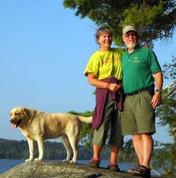
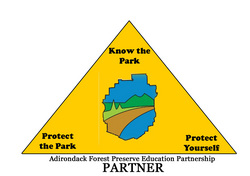
 RSS Feed
RSS Feed
